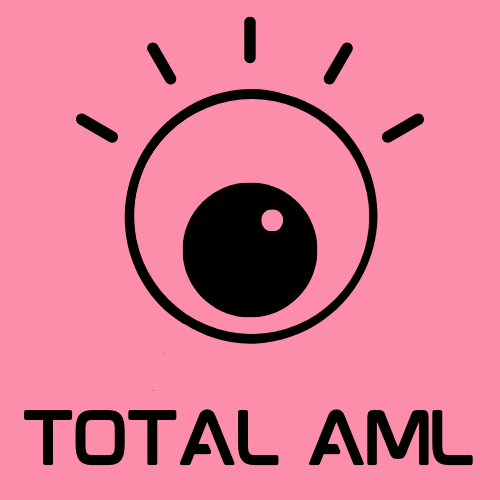Study on Suspicious Activity Reports
The New Zealand Police Financial Intelligence Unit reviewed the suspicious activity reports (SARs) submitted by AML reporting entities between 01 January 2018 and 31 December 2023 (the Relevant Period) and the result of such study was published on 17 March, in the New Zealand National Risk Assessment 2024 (NRA).
The NRA identifies that fraud-related crime, drug crime and transnational money laundering currently expose New Zealand to the highest threat. The occurrence of fraud is accelerating, with both ‘defrauding’ and the subsequent ‘laundering’ occurring within the financial system.
The banking sector remains highly vulnerable to money laundering along with any sector that offers services and products enabling the movement of proceeds out or into New Zealand (especially money remitters and virtual asset service providers). Said that, the NRA warns:
“Every sector needs to be vigilant and proactive when customers and their transactions are considered suspicious”
This post presents the NRA conclusions on the SAR study on the professional service sector. During the Relevant Period:
240 (out of 1267) law firms submitted 614 SARs. This means that 20% of law firms with AML duties reported a SAR. 44% of the SARs related to a property transaction, with the most common concern being the client not providing customer due diligence information, or source of wealth information related to the purchase of property. After property transaction concerns, the next common reasons were unexplained source of funds from offshore, and clients with adverse media or criminal links.
On a positive note, the NRA assesses that:
“Reporting indicates that the requirement to produce source of wealth documentation appears to be dissuading some criminals from exploiting this sector to launder criminal proceeds”
107 (out of 923) real estate agencies submitted 555 SARs. This means that slightly more than 10% of the real estate agents have reported a SAR. The most common reason for reporting was the vendor’s avoidance of completing customer due diligence and enhanced customer due diligence. The second most common reason was concerns relating to the property being purchased and sold within a short timeframe.
Real Estate Institute data identifies that 63,361 residential properties were sold in 2023. With this sales volume, we would expect a high number of SAR submitted by real estate agents. However, real estate agents as a sector have submitted on average 100 SARs per year, which means that only 0.15% of the sales were subject to a SAR. This is not in line with the Police findings that, during the same Relevant Period, real estate was the third most commonly restrained asset in New Zealand (after cash and vehicles), meaning that real estate property is a high-demand commodity for criminals. The NRA comments that this discrepancy indicates an opportunity to improve the number and quality of SAR from the real estate sector.
64 (out of 1976) accounting firms submitted 84 SARs. This means that 3% of the accountants with AML duties have reported a SAR. The most common reason for reporting was suspected tax offending, followed by the accountant being suspicious about the source of funds, or a client’s bank accounts receiving cash deposits. The NRA concludes that the small proportion of accountants submitting SARs means that the accounting sector requires closer engagement to deepen understanding of the obligations under the AML Act.
What’s next
The Department of Internal Affairs would expect you to review the NRA and reassess your firm’s risks in light of the newly identified vulnerabilities and red flags. Following this, it’s important to evaluate how the updated risk assessment impacts your mitigation strategies.
Reach out to us for a free consultation to discuss how we can assist you in navigating these updated risks
